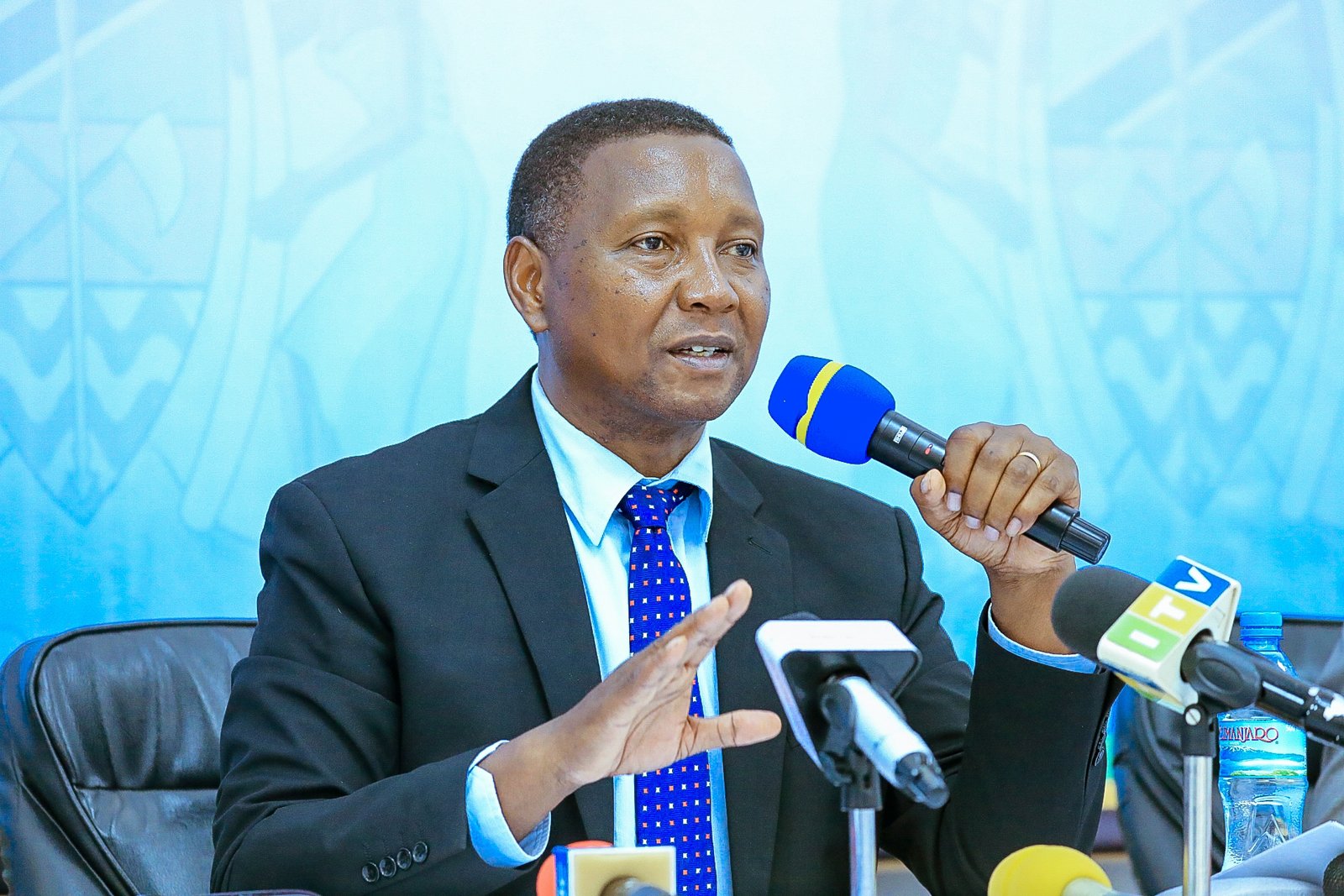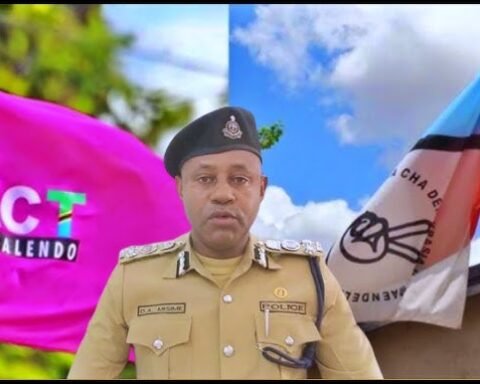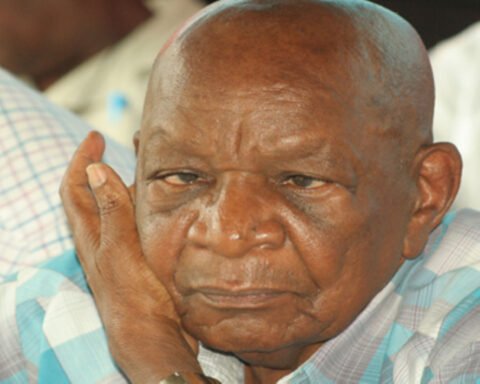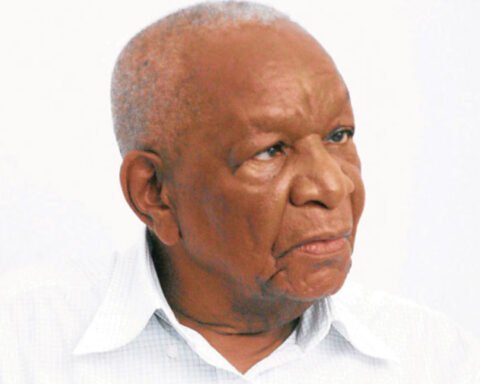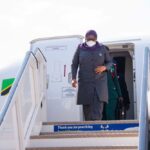The government has announced that 1,051 top-performing students from the 2024 Form Six examinations will receive full funding through the prestigious Samia Scholarship Programme.
The news, delivered by Professor Adolph Mkenda, the Minister for Education, Science and Technology, during a press conference in Dodoma on Tuesday, marks a near doubling of beneficiaries compared to last year’s 650 students.
The scholarship specifically targets students who achieved Division One, the highest academic distinction in Tanzania’s Advanced Certificate of Secondary Education Examination (ACSEE), organized by the National Examinations Council of Tanzania (NECTA).
Importantly, all students with disabilities who secured Division One results have been automatically awarded the scholarship—highlighting the government’s growing commitment to inclusive education.
“This government values academic excellence and fairness,” Prof. Mkenda stated. “We want to ensure that our brightest young citizens—regardless of their socioeconomic background or physical challenges—get an equal opportunity to access higher education.”
Also Read; Ukraine, Russia Set to Resume Talks in Türkiye
The scholarship, launched by President Samia Suluhu Hassan, is part of her broader strategy to uplift Tanzania’s human capital and drive long-term socio-economic development. The president, who made history as Tanzania’s first female head of state, has consistently emphasized education, youth empowerment, and gender equity in policy and practice.
Beyond providing tuition and accommodation, the Samia Scholarship opens pathways to higher learning in fields critical to Tanzania’s future—such as engineering, medicine, education, and agriculture.
It is part of a larger vision to align Tanzania’s education output with its national development goals, particularly those outlined in the country’s Vision 2025, which emphasizes a knowledge-based, middle-income economy.
The prioritization of students with disabilities has drawn applause from human rights advocates and educators. For years, physically challenged learners have faced barriers in access to higher education, ranging from infrastructure to discrimination.
“This policy removes a huge financial and psychological burden on students who have already worked hard to defy the odds,” said one education stakeholder.
The Ministry has promised to monitor the academic journey of all recipients and provide necessary support to ensure academic success. There are also discussions about expanding the scholarship to include top performers in technical and vocational fields, addressing the country’s labour market needs.

